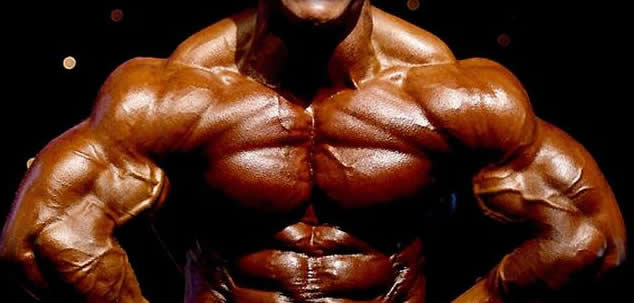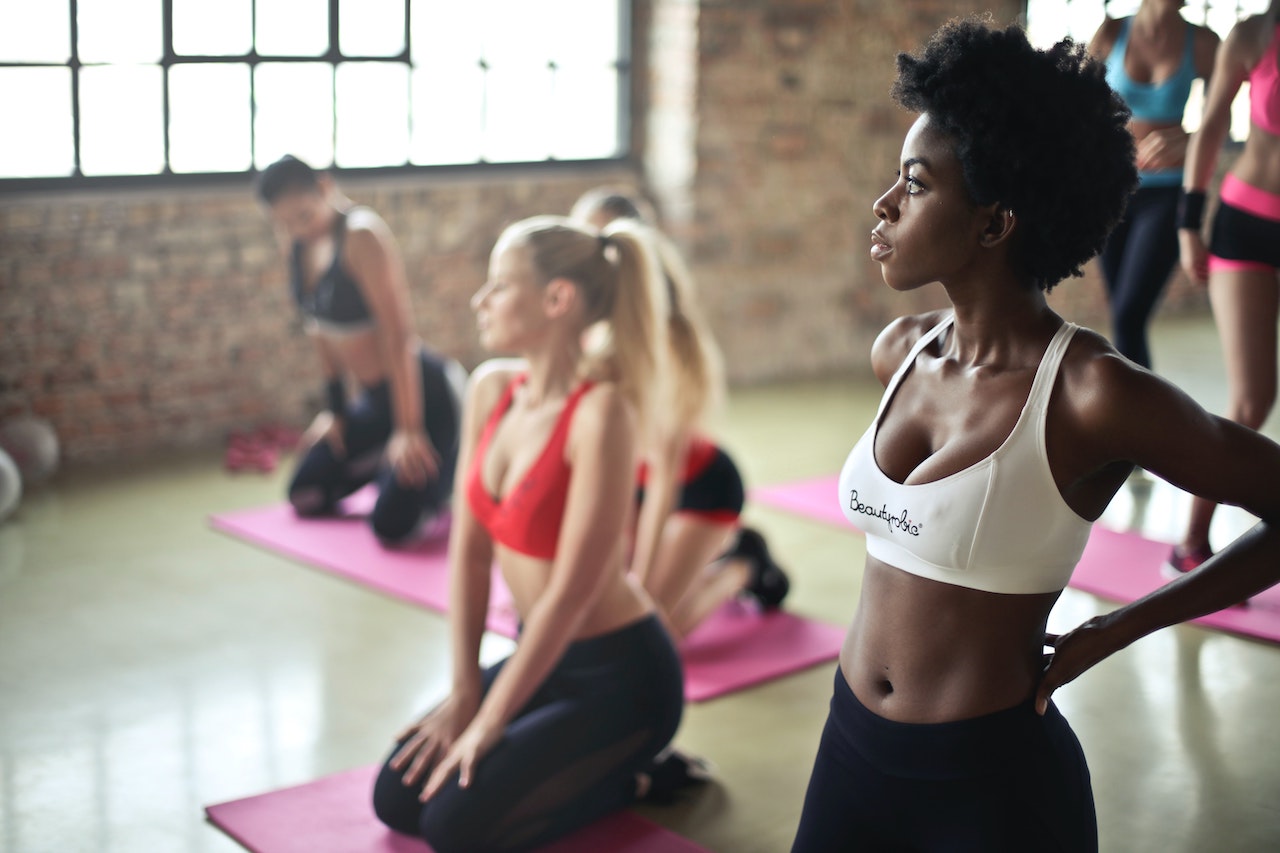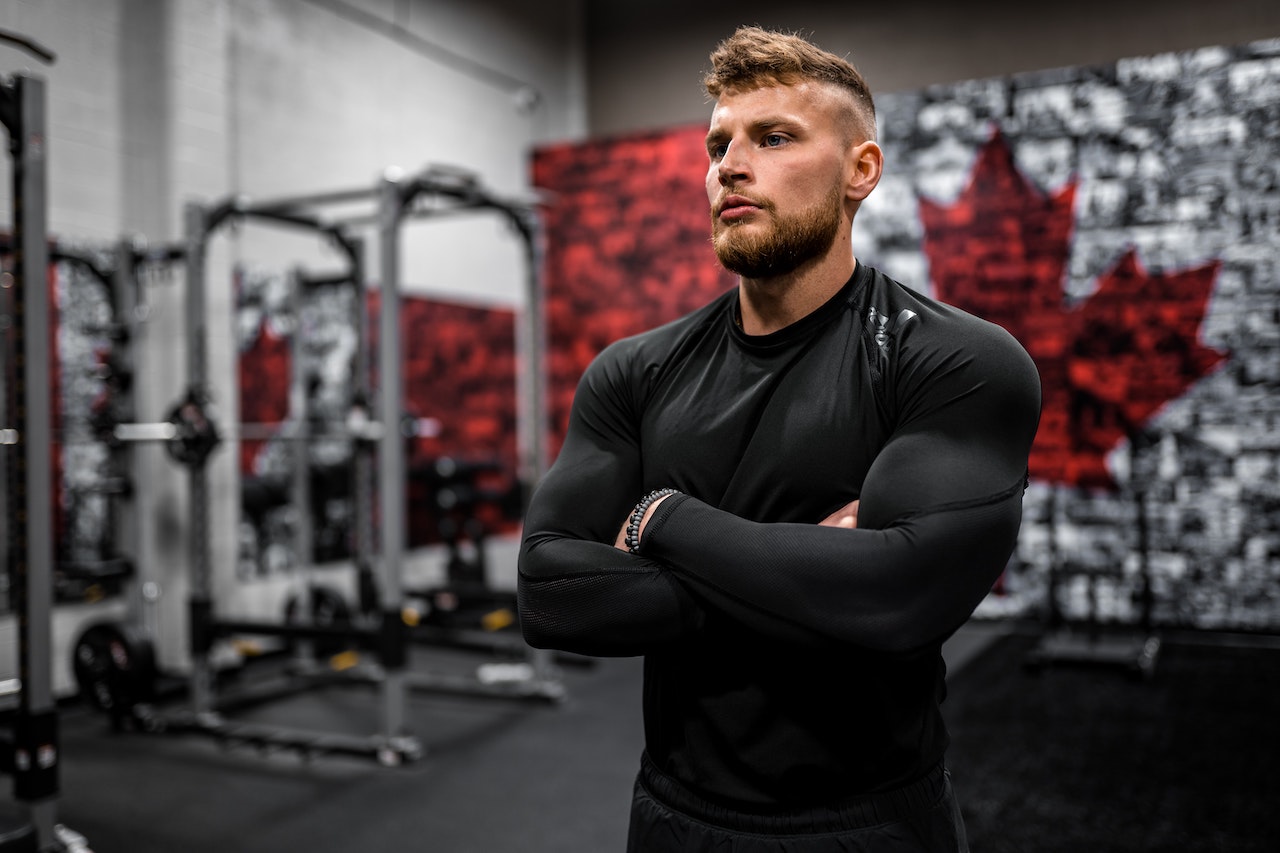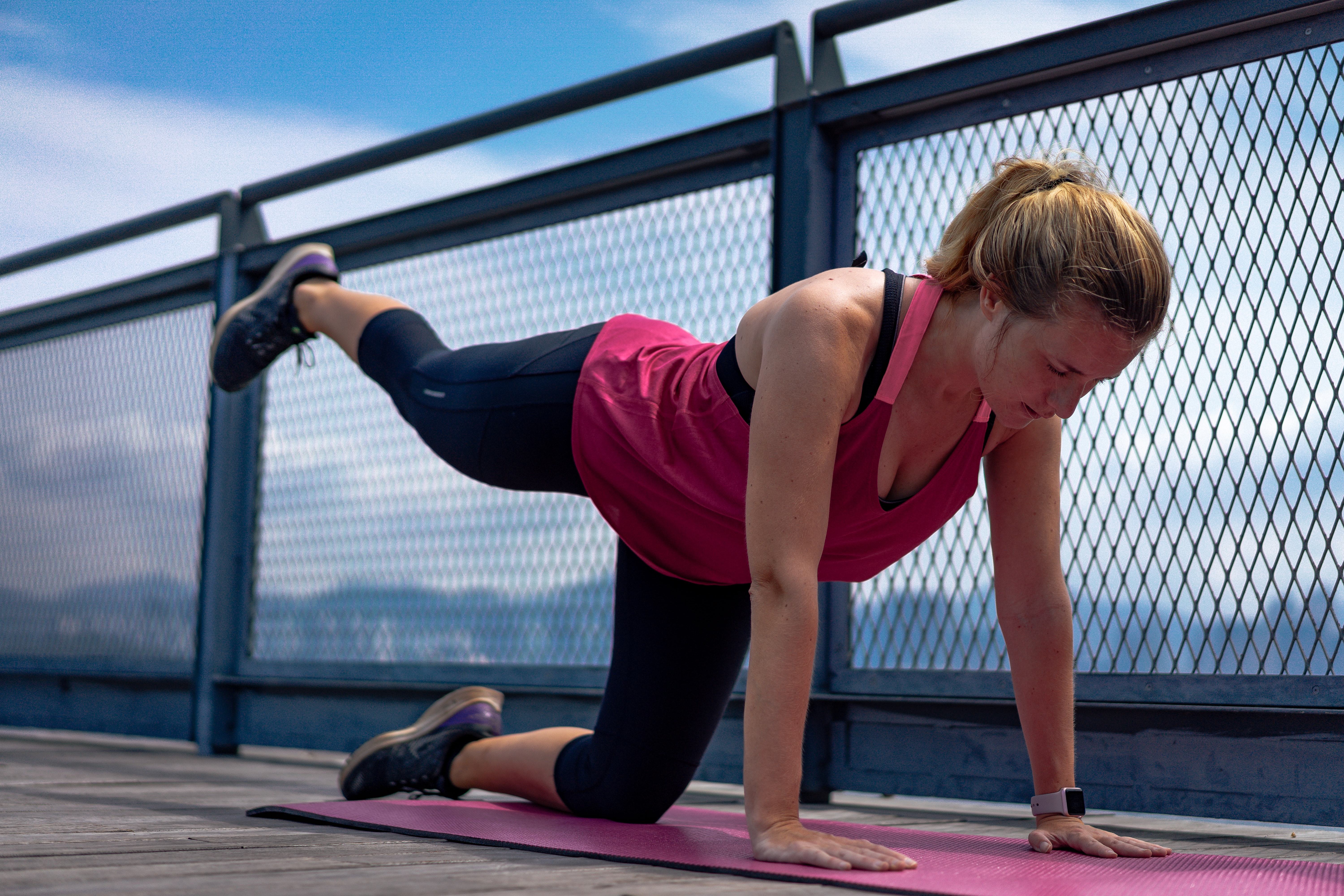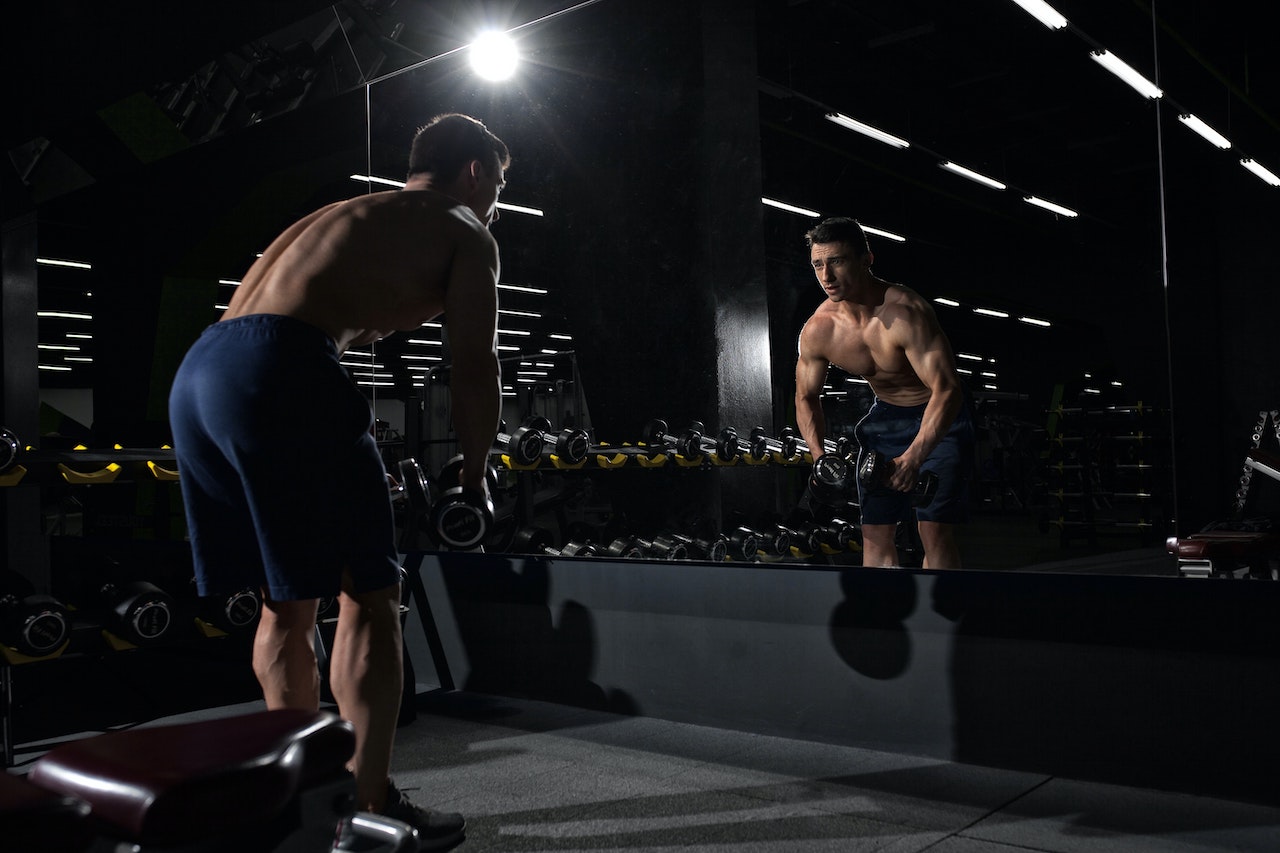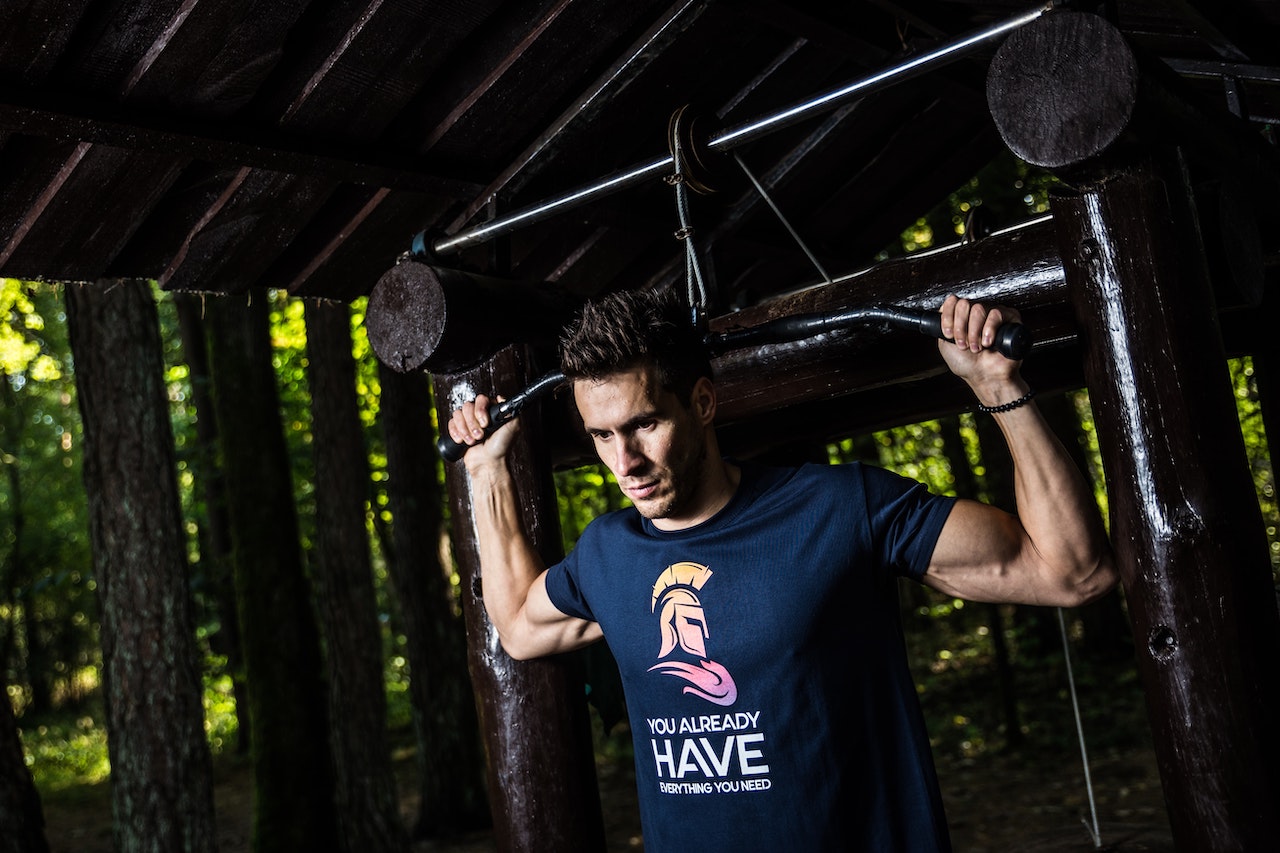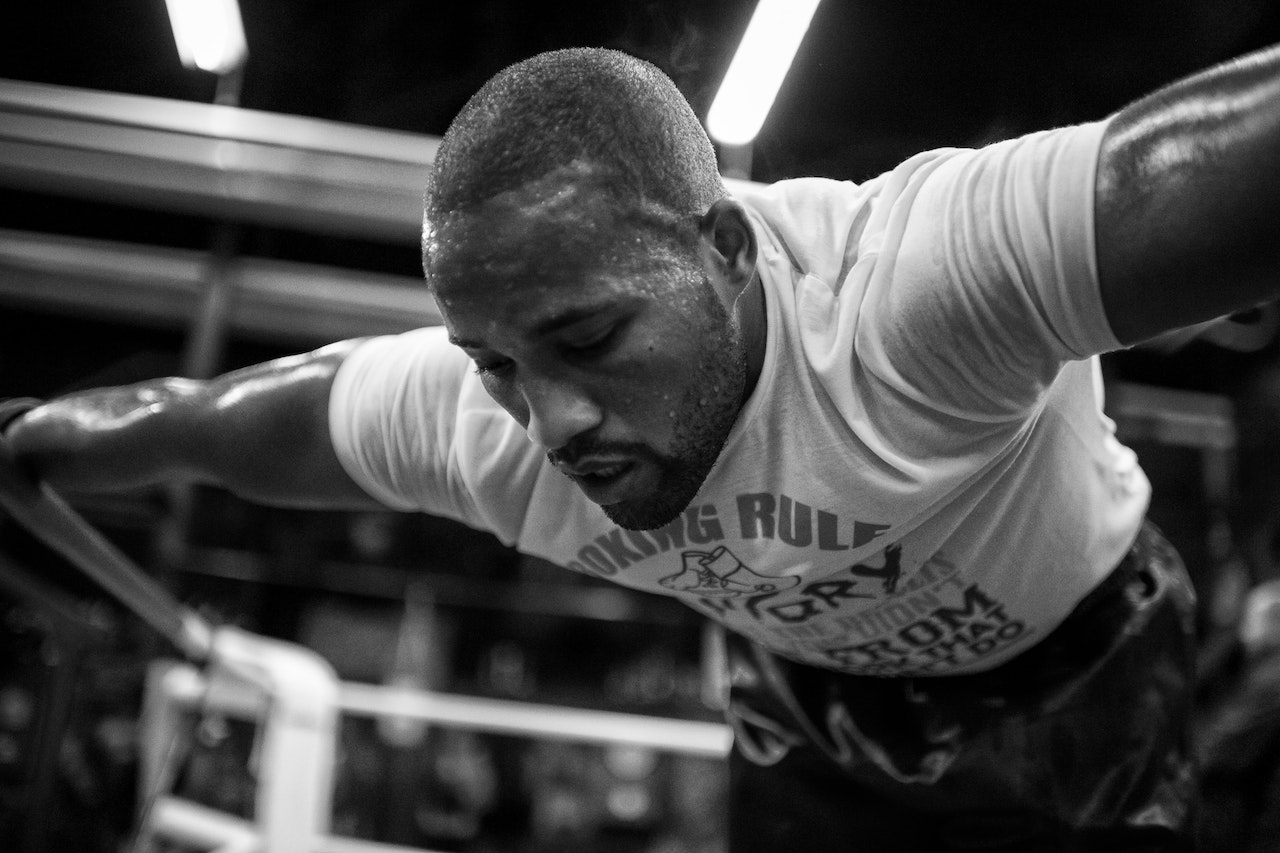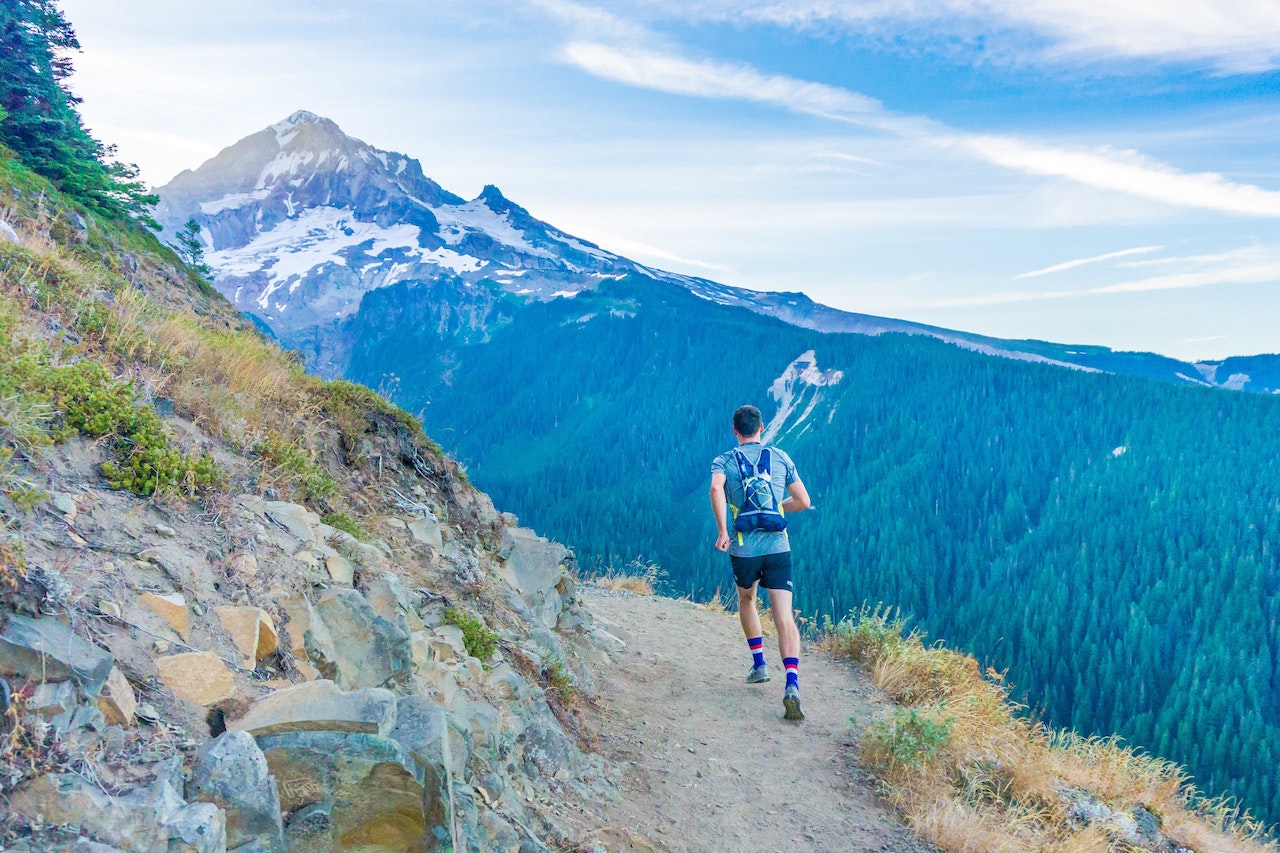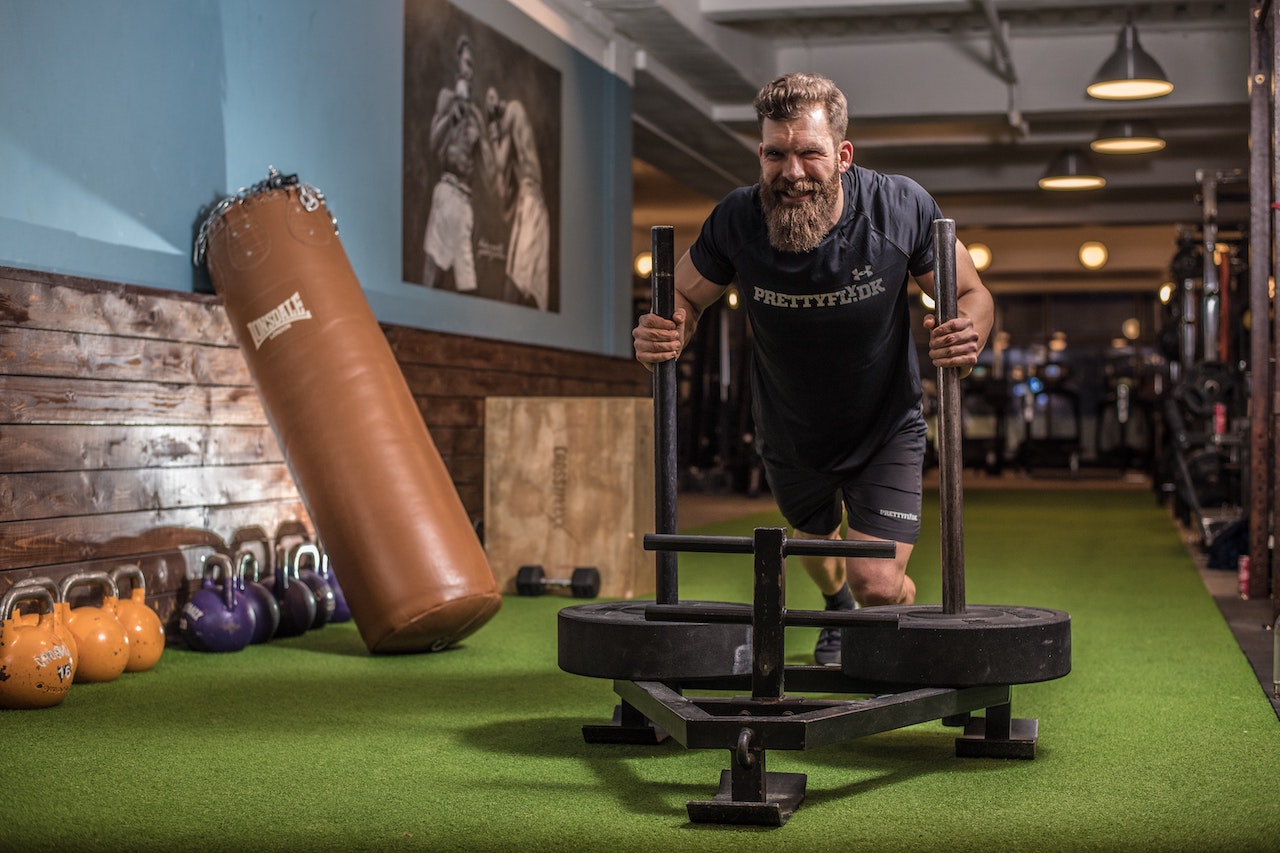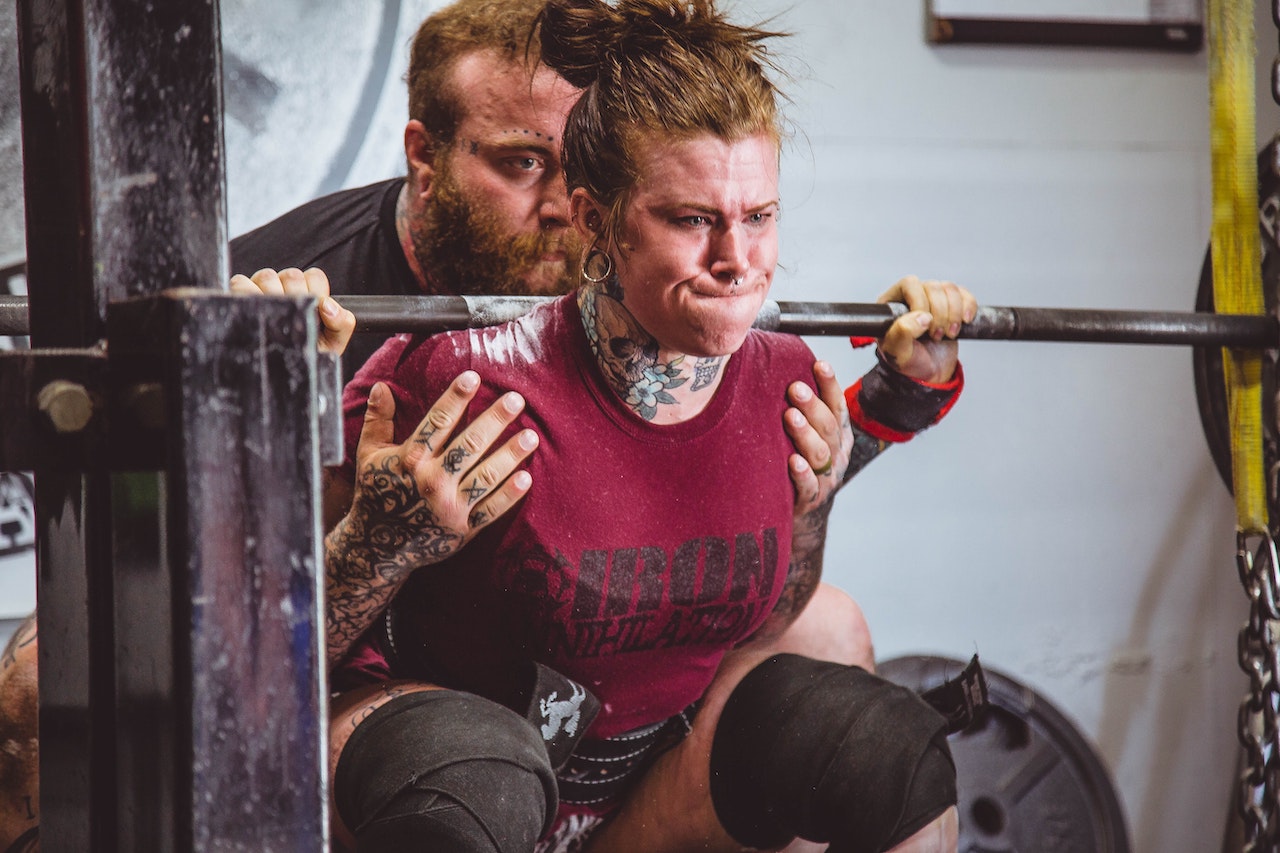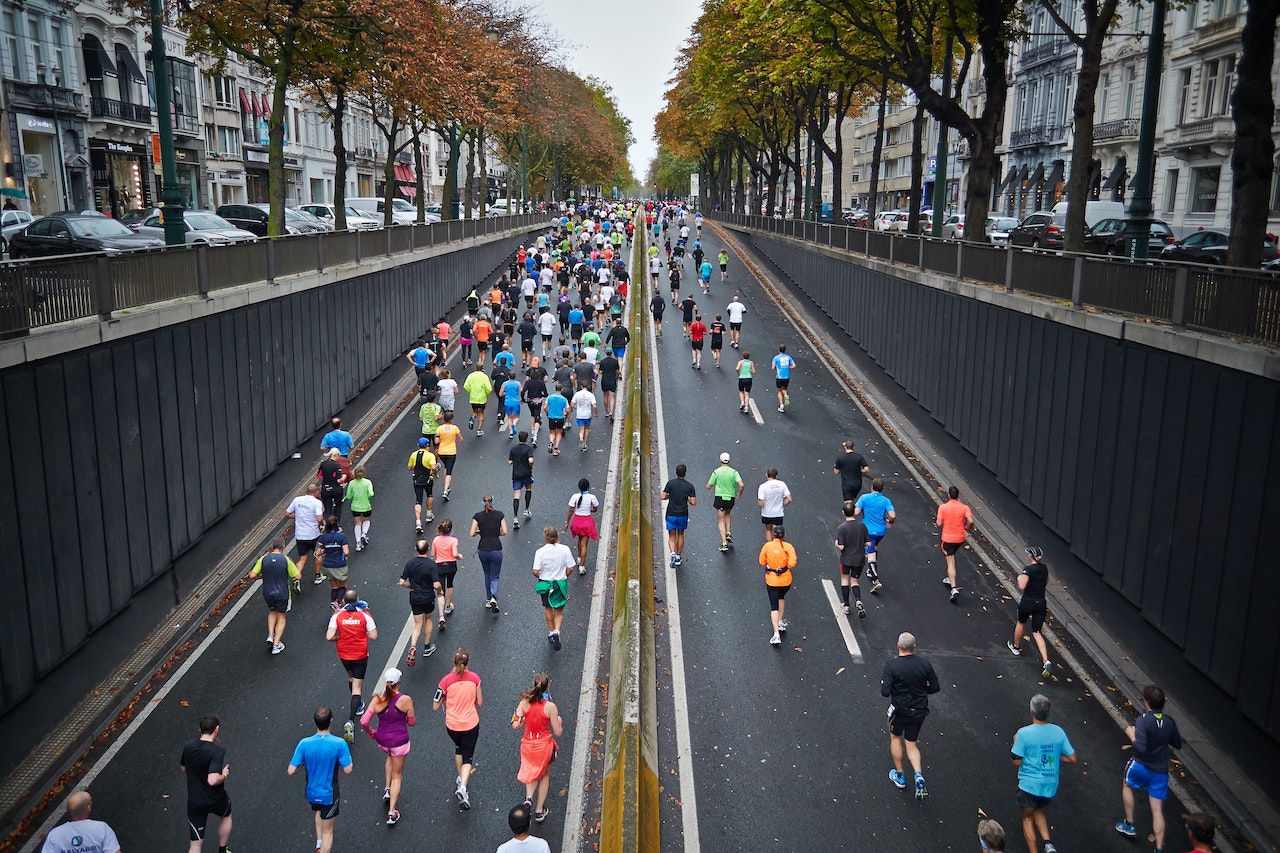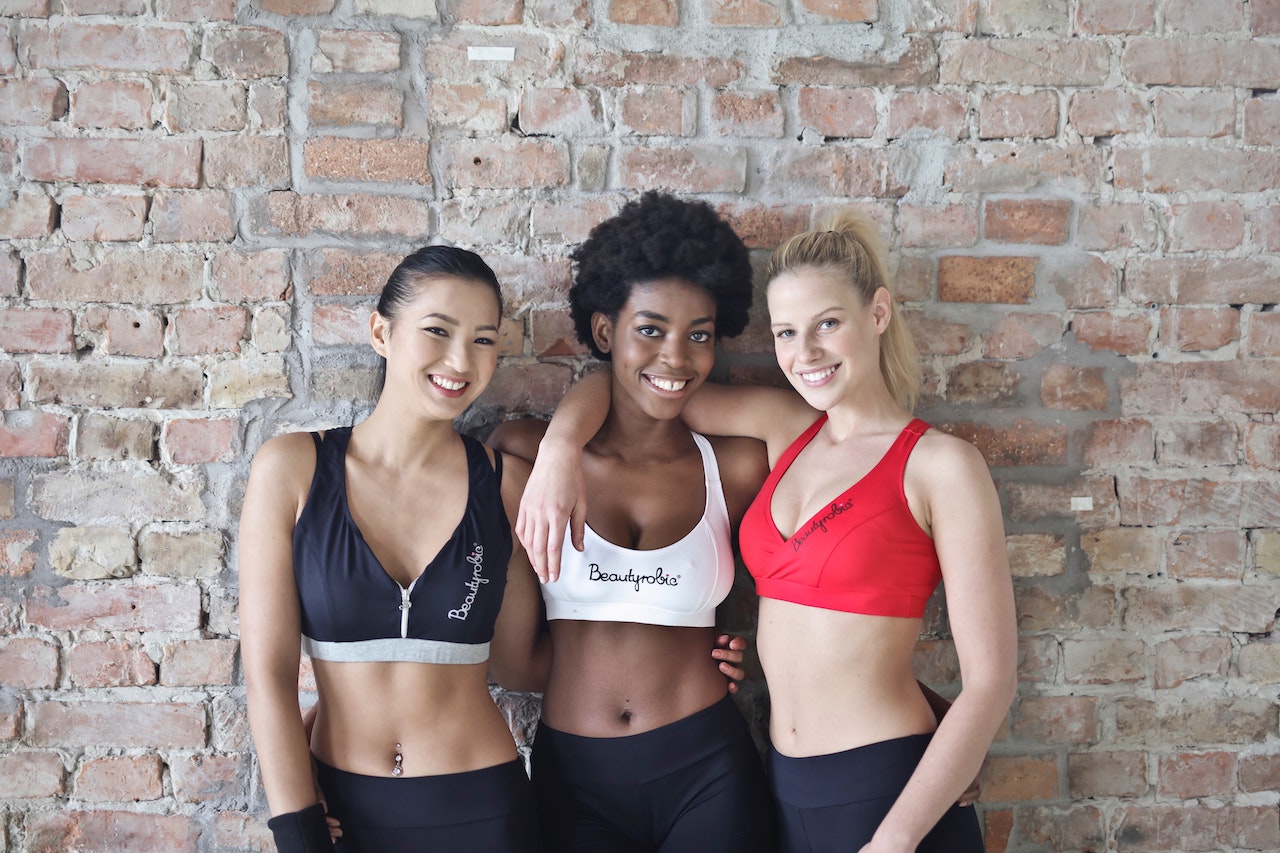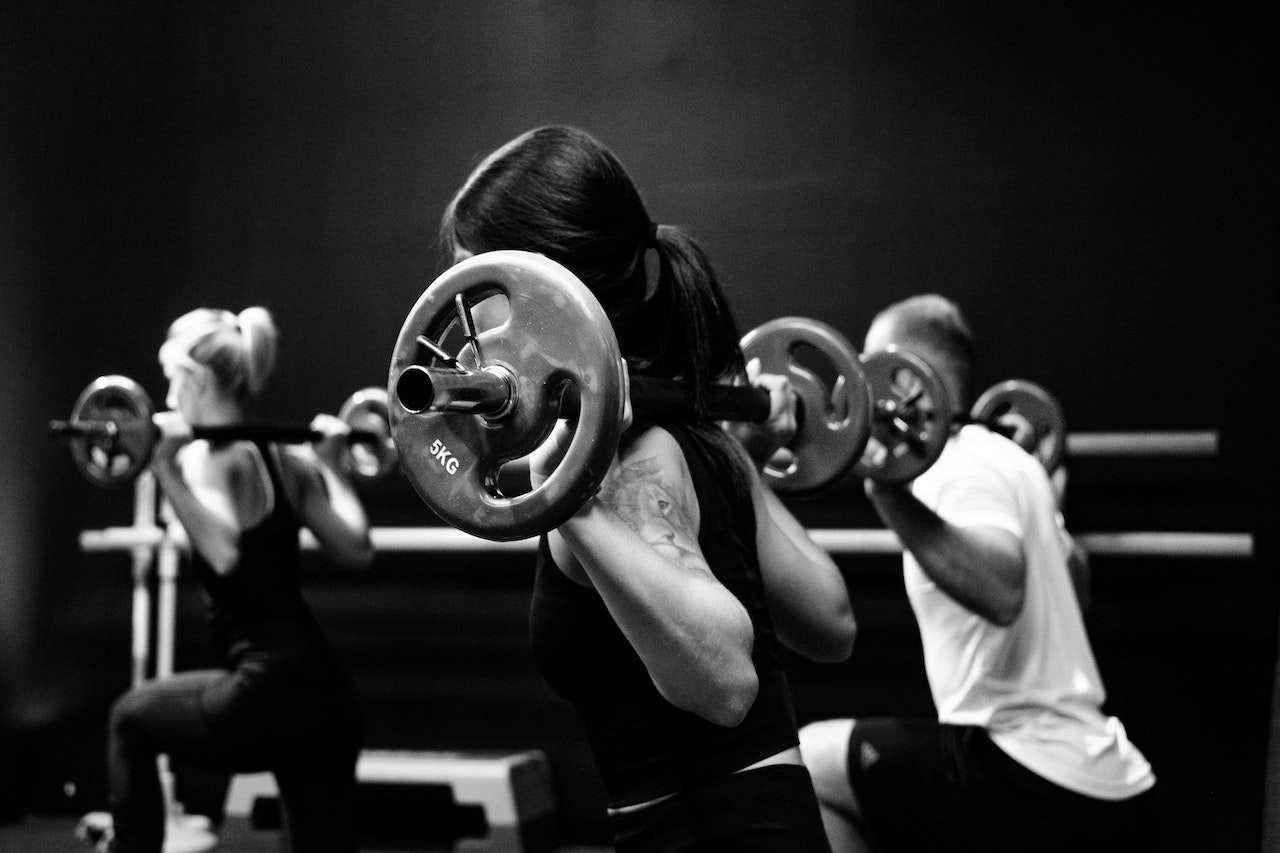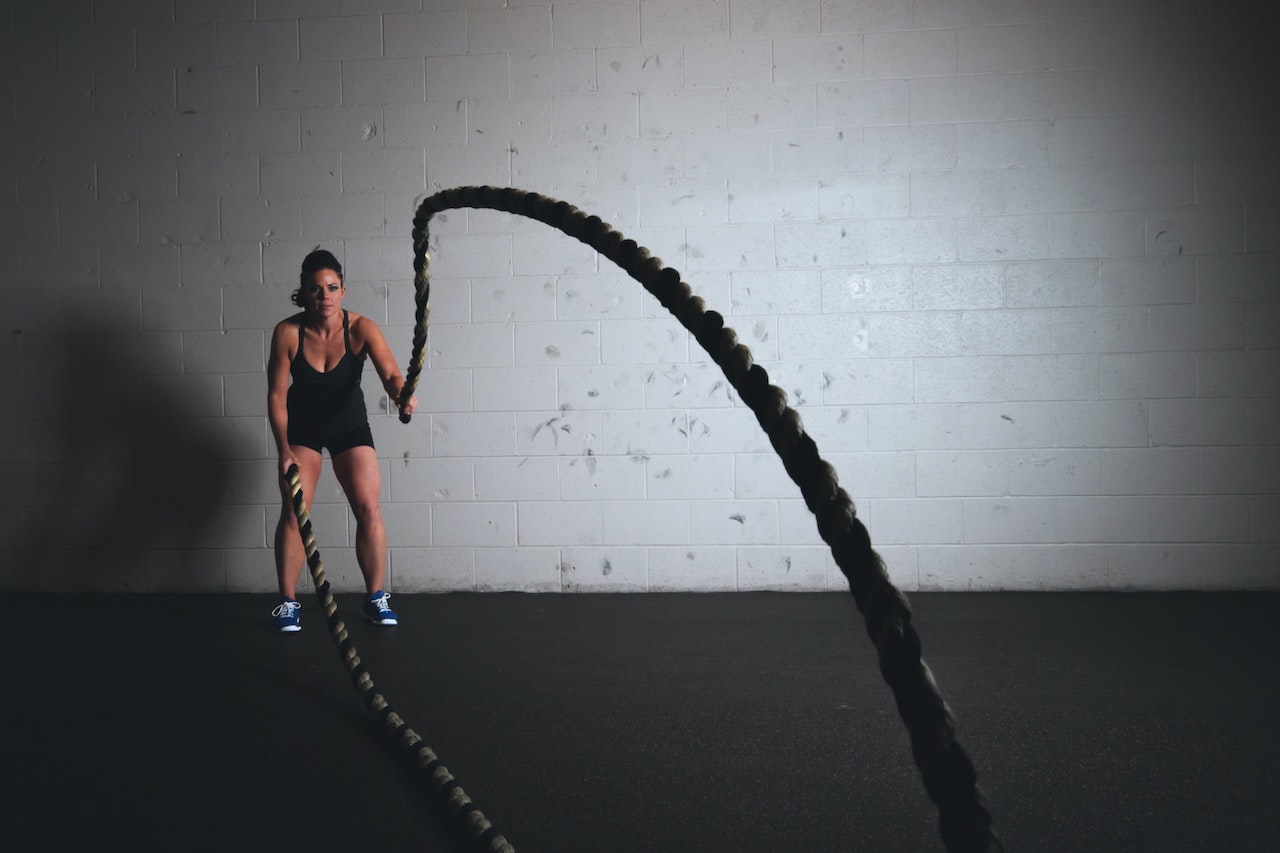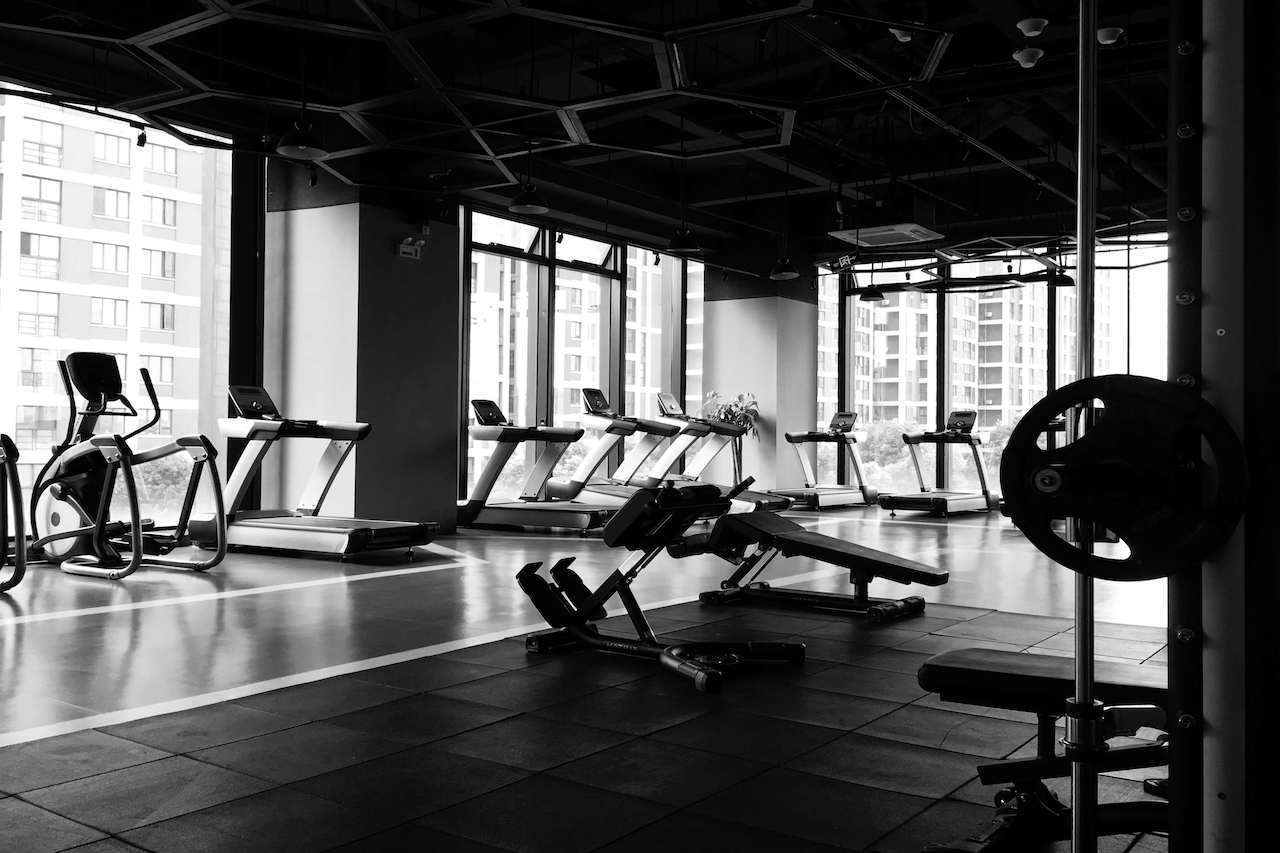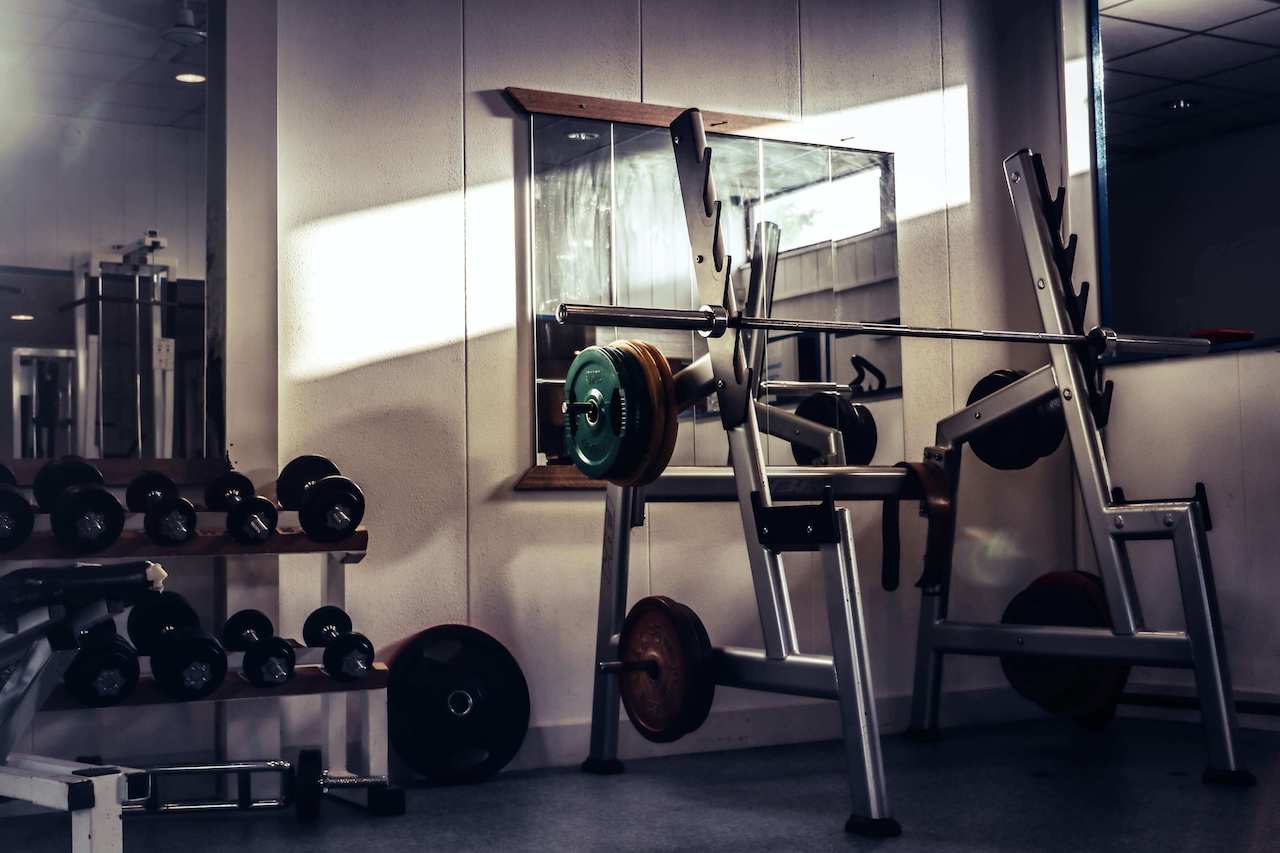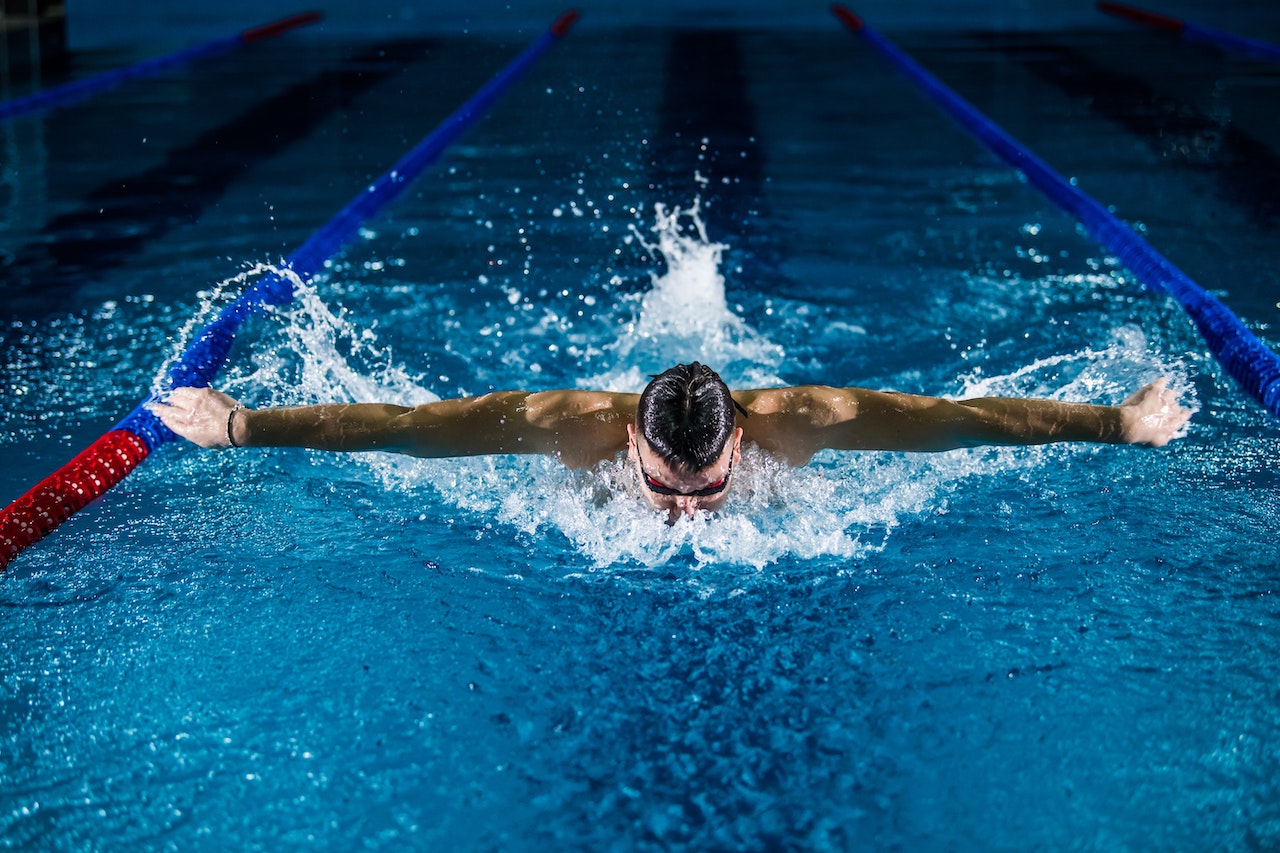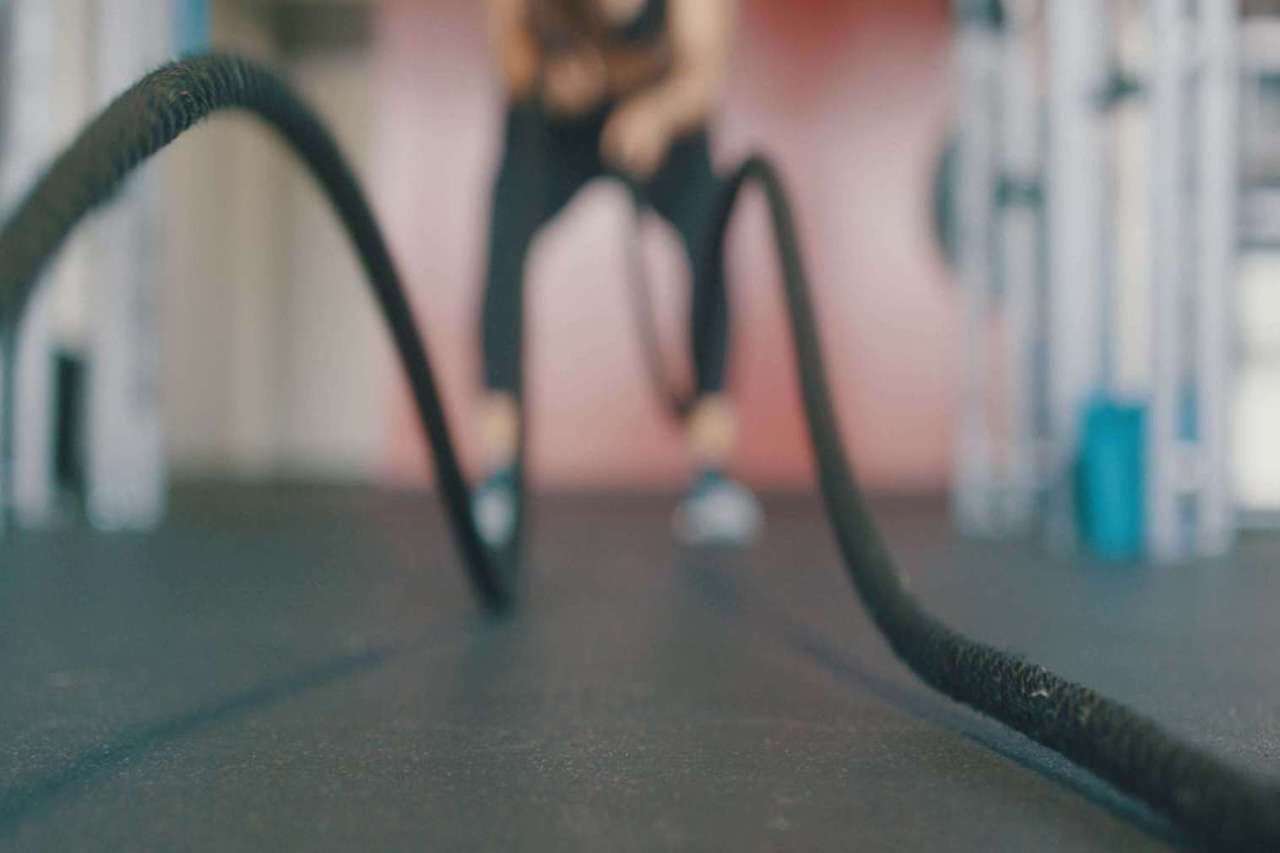Every Guy Who Works Out Wants To Get a Full Pectoral Muscle. It Must Be Very Frustrating When You Come To The Gym Every Time You Do Heavy Weight Bench Presses, And All Kinds Of Pectoral Muscle Training, But When Your Pectoral Muscle Growth, But Still Very Slow.
This Is Actually a Situation That Many Gym Goers Experience. Every Bodybuilder Wants To Have Athletic, Strong, Well-Defined Muscles. In Other Words, We Want To Have More Strength Through Fitness And At The Same Time We Should Look More Fit. To Achieve This Result, You Have To Put In The Hard Work.
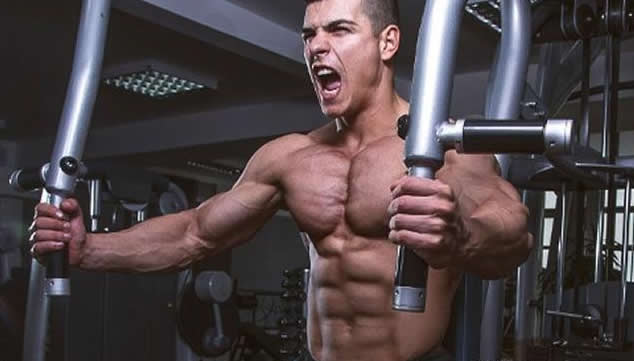
But Among These, The Chest Muscles (Which Consist Mainly Of The Pectoralis Major And Pectoralis Minor), Are Notoriously The Most Difficult To Build. But It Is Not Impossible To Get Improvements, If You Follow Our Advice And Avoid The Following Mistakes, You Will Feel The Pectoral Muscles Growing Back.
1. You Don't Warm Up
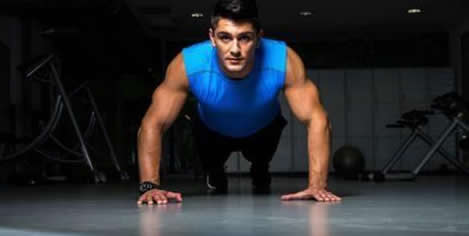
It's Surprising How Many People Go To The Gym And Start Training Straight Away, For Example, With Exercises Like The Bench Press. Guys, Stop It, You Need To Do Some Warming Up Before Your Official Training Session, a Few Swings Of Your Arms Won't Do The Trick.
In 2015, The British Journal Of Sports Medicine Published a Systematic Review Of The Effects Of Upper Body Warm-Up On Exercise Performance And Injury. Thirty-One Studies Were Reviewed And The Results Showed That a High-Load Dynamic Warm-Up Enhances Strength Performance And Physical Function.
Warmed-Up Muscles Are More Flexible, Have Greater Mobility, Can Produce Greater Explosive Power And Are Less Prone To Injury. Giving Yourself a Little Extra Time Before Each Workout To Get Your Blood Flowing And Give Your Target Muscles a Slight Feeling Of Congestion Can Make a Big Difference.
2. You Don't Complete Movements Slowly Enough
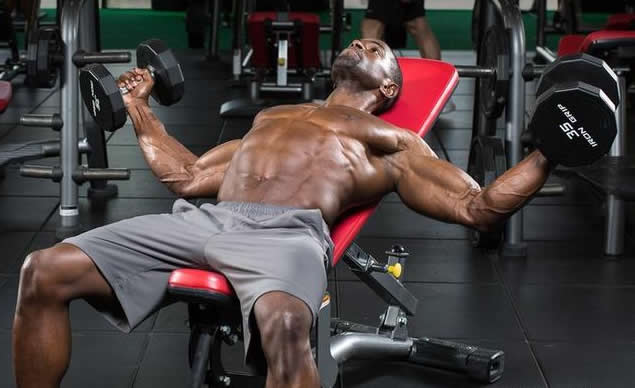
There Are Always Those People In The Gym Who Look Like They Are Trying To Break The World Record For Number Of Bench Presses Completed In 30 Seconds. If Your Goal Is To Build Muscle, Completing The Process Quickly Won't Help.
In Order To Cause "Damage" To The Muscle Fibres, This Will Be a Signal For The Muscles To Repair Themselves And Your Muscles To Remain Under Tension For a While. Moving Fast May Boost Your Confidence, But It Won't Make Your Muscles Bigger. A Study Published In The Journal Physiology Reports That Completing Training Movements Slowly In a Fatigued State Improves The Rate Of Muscle Protein Synthesis More Than Fast Movements.
In The Case Of The Bench Press, For Example, Many Coaches Adhere To The 2-1-3 Rhythmic Lifting Method: Hold For 2 Seconds On The Way Up, a 1-Second Pause, And 3 Seconds On The Way Down.
However, Moving Too Slowly Can Have a Negative Impact. When Training At a Very Slow Pace, Muscle Activity Is Reduced By 36%, So There Is No Need To Slow Down Excessively. According To Research, There Does Not Seem To Be Any Benefit To Slowing Down Movement Beyond 3 Seconds During The Descent And Ascent Phases And Doing So May Actually Be Detrimental To Growth.
3. You Are Not Training With Enough Weight
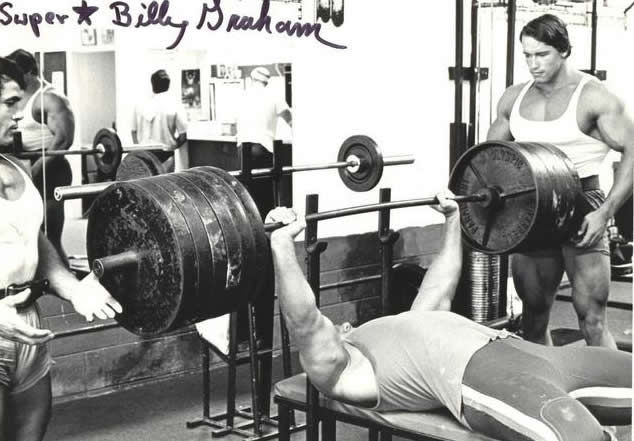
Let's Keep It Simple. If You Want To Build Pecs That The Fitness Gods Of All Stripes Are Proud Of, Then You Have To Work Your Muscles Hard. Because You Will Be Surprised To Find Out That You Can Always Possibly Do Better If You Give It Your All.
If You Are a Beginner, There Is No Need To Show Off Your Muscles. Once You Are In Good Posture, And In Condition To Control Heavy Loads More Proficiently, You Can Consider Doing More Advanced Workouts, Including Harder Movements And Heavier Weights, Especially For Large Muscle Groups Like The Pectorals.
Try Turning Up The Volume Of The Music In Your Headphones Before Each Workout. A Study Published In The Journal Strength And Conditioning Found That During Strenuous Exercise, Your Strength Performance Improved When You Listened To Mid-Range Music With a Beat Count Between 130 And 140 Per Minute, Took a Few Deep Breaths And Got Your Arms Moving.
For Safety And Training Effectiveness, Always Choose Weights That You Can Control. This Is Because When The Weight Goes Up To a Weight You Cannot Control, The Shoulder Muscles, Triceps And Even The Core Muscles Become Overly Involved In Firing, Which Inevitably Affects The Stimulation Of The Chest Muscles.
4. You Are Not Thinking Like An Athlete
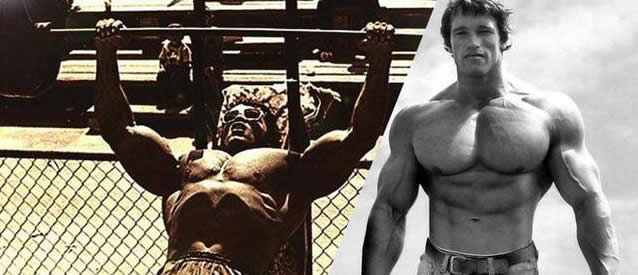
Although Still Controversial, Some Research Bodies Have Begun To Confirm The Link Between The Brain And Muscles. Now, We Are Not Asking You To Control Any Object With Your Mind, But Rather That The More You Focus On The Muscle You Are Exercising, The More Muscle Fibres You Can Activate.
A Recent Study Published In The European Journal Of Applied Physiology Found That People Who Went To The Gym Improved Their Bench Press Exercises When They Focused On Using Their Chest Muscles.
Next Time You'Re In The Gym, Think About How Your Target Muscles Will Work Harder When You Exercise. As You Lift Or Lower The Barbell, Focus On The Contraction Of Your Chest Muscles And How Strong You Feel While You'Re Doing It.
5. You Are Not Resting Enough

Your muscles grow, more often than not, when you sleep soundly on a full, well-fed diet.
Without adequate rest and recuperation, your muscles will never grow. In fact, working out too often on the same body part can hinder muscle growth and actually sabotage the results of the workouts you've already worked hard on.
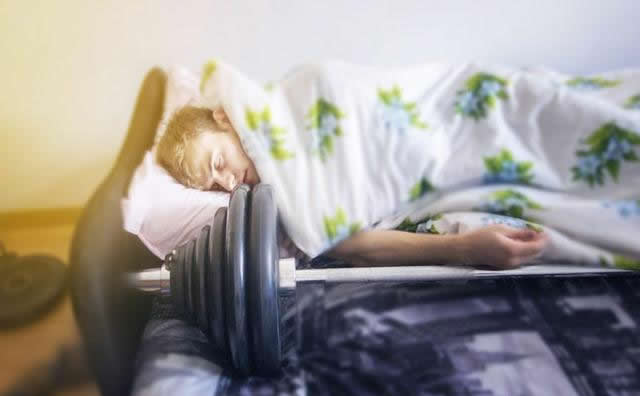
We Know That You Can Still Train In The Gym The Day After a Workout, But If You Don't Rest Adequately And Your Muscles Haven't Fully Recovered, You Are Likely To Fall Victim To Overtraining, Which May Even Lead To Illness And Injury That Will Further Affect Your Training Later On.
Working Out Non-Stop In The Gym Without Enough Rest Can Lead To Overtraining And Depleted Energy. How Best To Avoid It? A Good Rule Of Thumb Is To Wait At Least 48 Hours After a Strenuous Chest Workout Before Exercising The Same Muscles Again.
